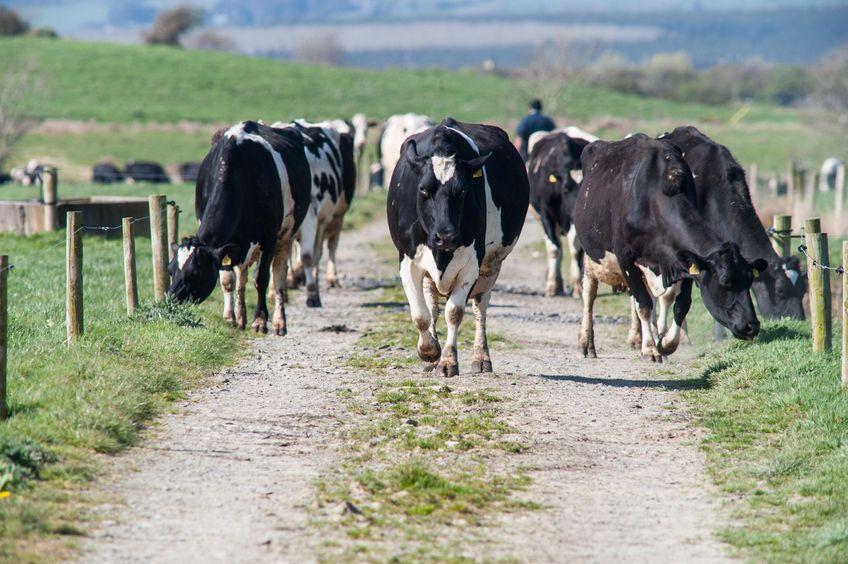Mental health impact of bovine TB needs more focus, farmers say

A farming union has called for greater emphasis to be paid to the economic issues surrounding bovine TB and the subsequent mental health impact it has on farmers.
It follows an announcement by the Minister for Rural Affairs, Lesley Griffiths, that there would be a review of the compensation regime in Wales.
To date, discussions and programmes on controlling the disease in Wales have almost entirely centred on animal health issues.
But the Farmers' Union of Wales (FUW) now believes there needs to be more attention paid to the economic consequences bovine TB brings to a farmers' business.
The union has written to the Welsh government minister proposing the establishment of a Wales Bovine TB Economics Task and Finish Group.
It would provide information on the financial impact of a TB breakdown and the subsequent mental health impacts on farmers.
FUW senior policy officer, Dr Hazel Wright said: “Under the Well-being of Future Generations Act, the Welsh government is obligated to take account of the long-term impact of their decision making.
“Our very real concern is that future compensation policies, which provide for poorer compensation, will undoubtedly increase mental health issues and poverty amongst the farming community in Wales, and this is in direct opposition to the obligations and aims of the Act”, she said.
The Well-being of Future Generations Act requires public bodies to work better with people and communities in order to prevent problems such as poverty and health inequalities.
Given the recent announcement of a review of the compensation regime in Wales, the FUW said it is 'imperative' that the full economic consequences of a TB outbreak are properly understood before any changes are made to the budget.
Dr Wright added: “We know that issues including loss of stock, problems with cash flow, costs of housing and feeding additional stock, loss of business control and uncertainty over the future, inevitably impact on the emotional well-being of farming families.
“However, the true impact is likely to have been underestimated.”
The proposed group would be utilised to inform the future of bovine TB compensation and to ensure that any changes to the budget remain in line with those principles outlined in the Well-being Act.
The FUW said that farmers trying to operate their business under a bovine TB breakdown are at 'breaking point'.
“Given that mental health is inextricably linked to farm business sustainability and solvency, we must fully understand the economic consequences of this disease,” said Dr Wright.
Poor mental health continues to be the biggest health topic in the UK - one in four people have been diagnosed with a mental illness and in farming, mental health issues continue to be of great concern.
A recent survey shows that 81% of farmers under the age of 40 believe that mental health is the biggest hidden problem facing farmers today, and 92% believe that promoting good mental health is crucial if lives are to be saved.








